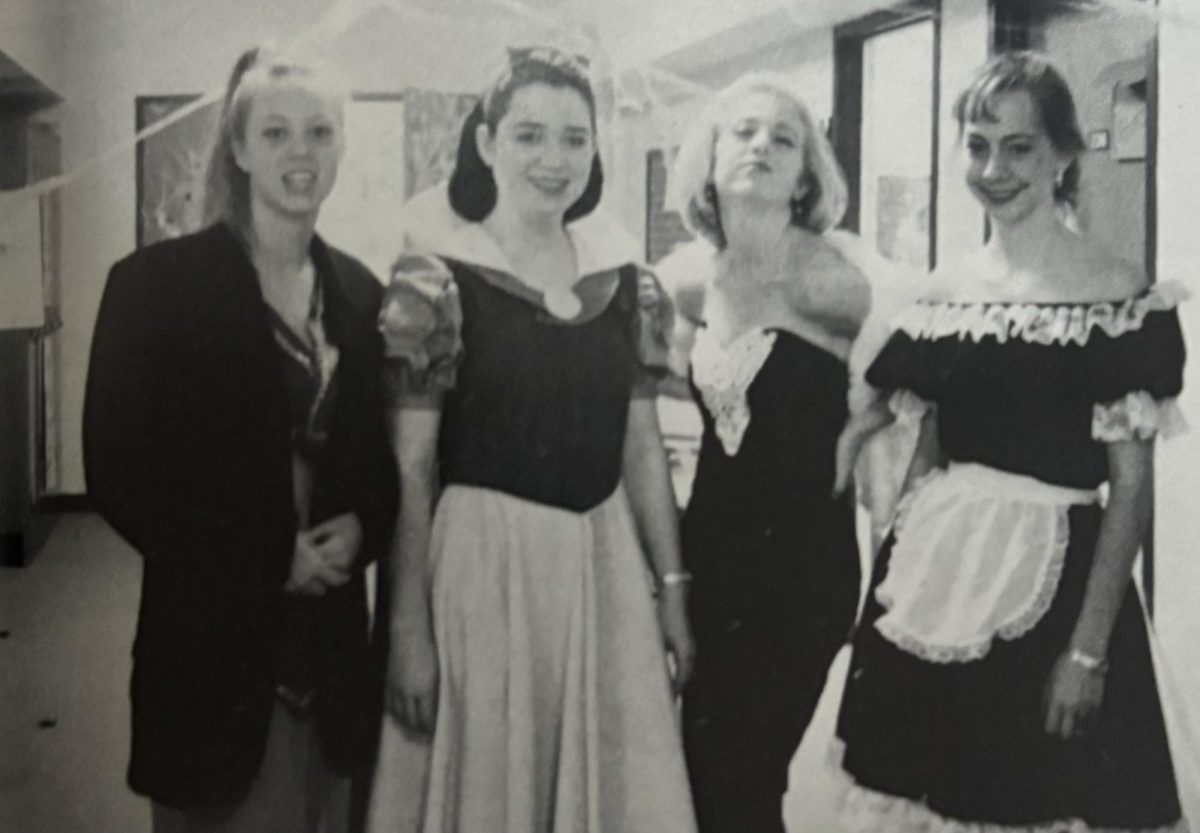This month, Dr. Downey’s junior English class wrote argumentative papers responding to “Homework’s Diminishing Returns,” an article by Dr. Harris Cooper in the “The New York Times.” Each student took positions, either for or against homework, argued their side, and provided a solution to whichever side they chose. The Fourcast decided to feature Maisey’s paper this issue.
I am a 16-year-old junior at an elite prep school, a recruited varsity athlete, nearly straight A student, and have not slept more than five hours on a school night since the start of my junior year. When I first entered the upper school, my senior “big-sis” left a note on my locker that read “Welcome to Hockaday. Good grades, a social life, varsity athlete, enough sleep: pick three.” A mere five weeks into my junior year and all I have going for me is varsity athlete. I can see disappointment in my teacher’s eyes when I come to class half-asleep and shamefully tell them that I could not finish the last ten math problems.
The token sigh and head-shake reeks of judgment and disappointment. Most of the teachers follow this with gentle smile and a dismissive nod. It is not so much the amount of homework that is the problem, rather the quality and type of work assigned.
Whenever someone tells me they only slept for three hours, I always ask, “What were you doing from 6:00 to midnight?” The usual response: a long list of required vocabulary flashcards, map coloring, rewriting messy assignments, or editing video projects. These are the type of assignments that have such little value to the students’ overall understanding of the material. They are low quality assignments.
Many people might argue that requiring students to make vocabulary cards and fill out maps and do a superfluous number of practice problems is the only way to improve test scores. But the students who struggle and need to raise their test scores end up frustrated after the hours of homework, and do not seek out help or take time to truly understand the subject. Higher test scores come from true understanding, and if students spend all their time just solving problems between the plethora of other activities, then they never have time to absorb what the teachers are saying.
We play sports, we have SAT prep classes, we have chores, and that pesky, inherent need to socialize and laugh every day. How do we choose what to sacrifice? At my school, the trend seems to be eating and sleeping. It stands to reason, that given less homework but higher quality assignments, the work the students do on it will also be higher quality since they do not have to rush. I am tired of skipping lunch and dinner, going to bed at 3 am only to wake up at 7 am and then be chastised for not finishing the assignment. Please, let me be a teenager.
– Maisey




